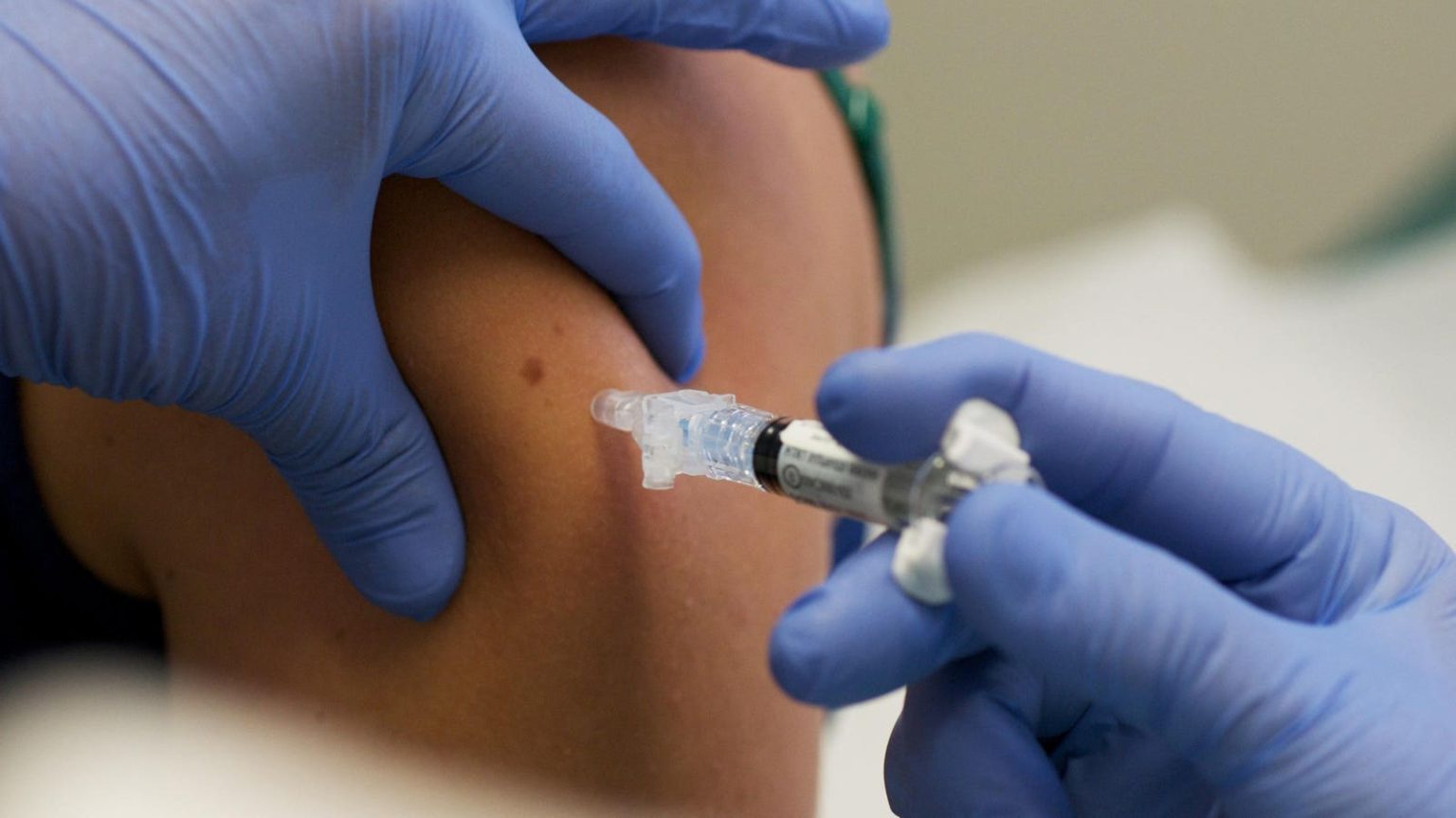Researchers have developed a new vaccine method for infants that provides ongoing protection with just one dose, even if the virus mutates. This could pave the way for the development of “universal vaccines” that target a wide range of viruses.
Vaccines for diseases like the flu are regularly updated to account for new variants, while vaccines like those for COVID-19 target dominant virus strains. The traditional method involves using weakened or inactive versions of the virus to stimulate the immune system to produce T-cells that fight the virus.
In this new vaccine strategy, tested on mice, a modified virus is used along with small interfering RNA molecules (siRNA). This approach creates separate vaccines for various diseases and can weaken the virus even if it mutates to form a new variant by blocking the production of disease-blocking proteins.
The University of California, Riverside research team behind this study believes that this method will be suitable for babies since it does not rely on the body’s immune response. Testing on baby mice produced promising results, with rapid and complete protection against the Nodamura virus.
Lead study author Rong Hai, a virologist at the University of California, Riverside, believes that this new strategy could be a universal vaccine effective against any virus variant. The study aims to address the vulnerability of infants under six months to severe infections, especially from diseases like the flu, COVID-19, and measles.
In an innovative move, the researchers plan to deliver this vaccine as a nasal spray rather than an injection. This method could provide an easier delivery system for respiratory infections, such as the flu. Nasal sprays have already proven effective in flu vaccines, and research is ongoing in developing nasal sprays for COVID-19. China and India have also approved nasal sprays as boosters in their vaccination efforts.















